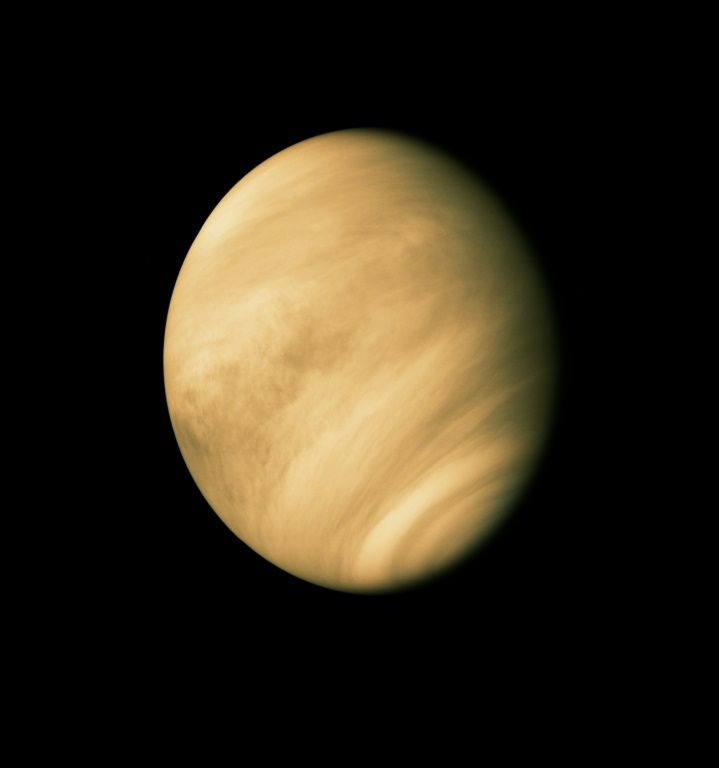Venus Exploration Alternative: Pieces Of Venus Could Be Found On The Moon
KEY POINTS
- Venus' extreme conditions make exploring it quite difficult
- Researchers suggest lunar exploration as a way to study ancient Venus
- Past asteroid impacts could have sent Venusian material to the moon
Was Venus ever an Earth-like planet? Conditions on the neighboring planet may be too extreme to directly study, but a pair of researchers have found an alternative way to study it.
In a new study accepted by the Planetary Science Journal, researchers are proposing another way of studying Venus by instead searching for parts of it on the moon.
The idea is that when asteroids and other space rocks slammed into the surface of Venus in the past, the impacts possibly sent billions of pieces of Venus into space and close to the Earth and moon, with their simulations predicting that the Venusian material would reach the moon's surface and also survive the impact.
"Some of these rocks will eventually land on the moon as Venusian meteorites," study lead and graduate student at Yale University, Samuel Cabot, said in the university news release. "Anything from Venus that landed on Earth is probably buried very deep, due to geological activity. These rocks would be much better preserved on the moon."
By comparison, the researchers said that any Venusian meteorites that reached Earth would have been "rapidly destroyed."
As Cabot explained in the news release, the atmosphere of Venus is now too thick to allow rocks to escape. But by studying the runaway Venusian rocks from billions of years ago, possibly lodged in the moon's surface, there is a chance to find clues about the planet's past life.
For instance, scientists are considering the possibility that Venus may once have had Earth-like conditions. Only recently, a study also reported on the presence of the chemical phosphine in Venus' atmosphere, suggesting that there might be microbial life in the planet's atmosphere or perhaps remnants of a past ecosystem.
However, testing these ideas is not that easy because Venus is quite inhospitable. Even the mission holding the record for being the "longest active spacecraft" on Venus, the Soviet Venera-13 in 1983, only remained operational for 127 minutes.
"With renewed Lunar exploration on the near horizon, we posit that meteorite acquisition and identification will answer an important outstanding question about the history of Venus," the researchers wrote.
Today, there are multiple lunar exploration missions from various nations including NASA's Artemis Lunar Exploration program, the key points of which include bringing the first woman and the next man to the moon by 2024 and, eventually establishing sustainable exploration of our satellite within the end of the decade.
Perhaps in one of the future Lunar explorations, parts of Venus' past could also be revealed.
"An ancient Venusian rock could constrain that planet's history, and reveal the past existence of oceans," the researchers wrote.

© Copyright IBTimes 2024. All rights reserved.






















